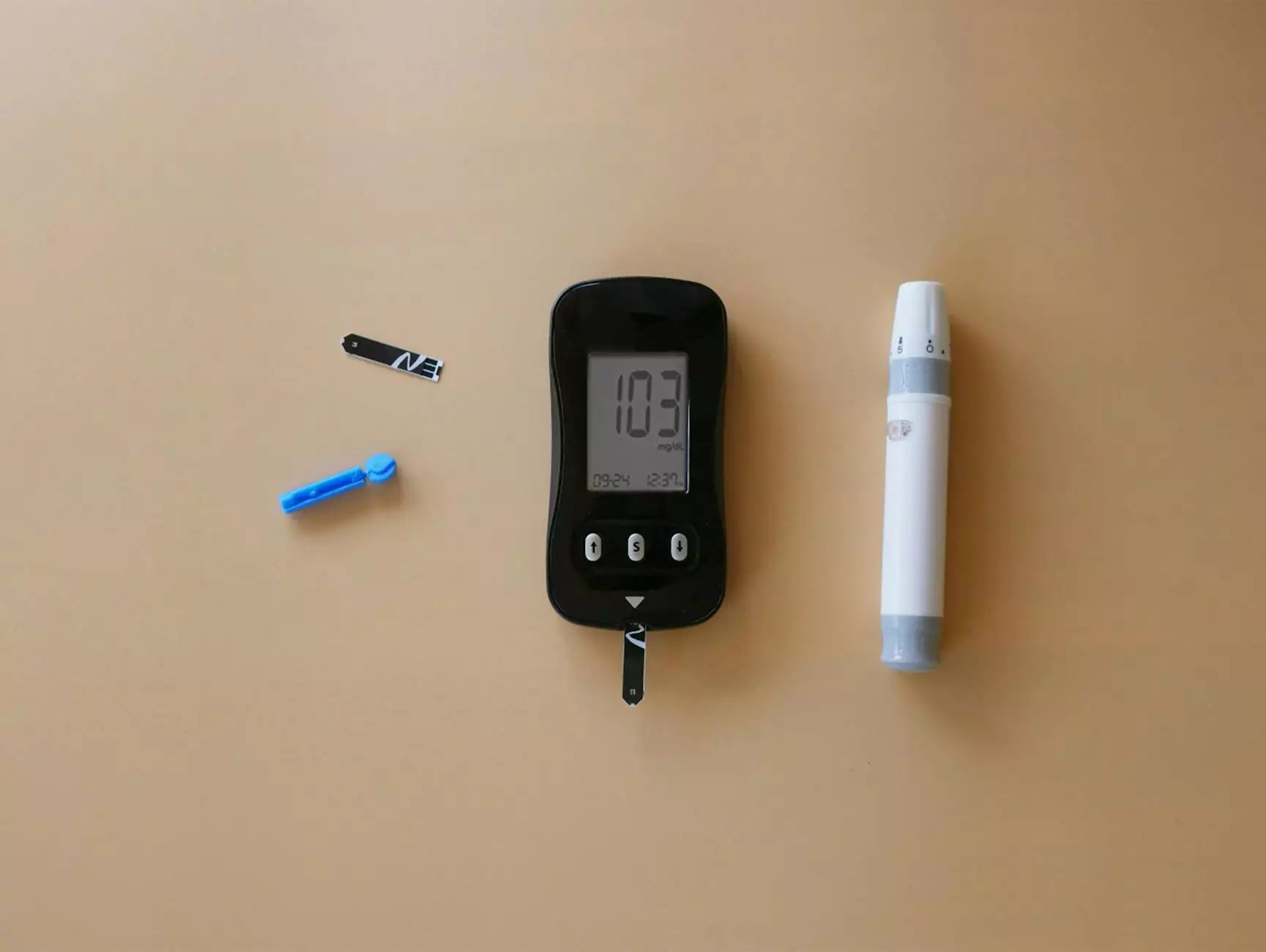What to Do When Blood Sugar Readings Vary - Healthgrades
Services
Welcome to the informative guide on managing blood sugar levels brought to you by Benjamin Shettell, MD - a trusted healthcare professional specializing in diabetes care. In this comprehensive article, we will discuss the steps you can take when your blood sugar readings vary, providing valuable insights and tips to help you effectively manage your diabetes.
Understanding Blood Sugar Readings
Before we dive into strategies for dealing with fluctuating blood sugar levels, let's first understand the significance of these readings. Blood sugar, also known as blood glucose, is a crucial component in managing diabetes. It is important to monitor your blood sugar levels regularly to ensure they stay within a healthy range.
Normal blood sugar levels typically range between 70 and 130 mg/dL (milligrams per deciliter) before meals, and under 180 mg/dL two hours after eating. However, individual targets may vary, and it is crucial to consult with your healthcare provider to determine your personalized range.
Factors Contributing to Fluctuations
There are several factors that can cause blood sugar levels to vary, including:
- Food and Diet: The types and quantities of food you consume can directly impact your blood sugar readings. Consuming high-carbohydrate or sugary foods can cause a sharp increase in blood glucose levels, while skipping meals or consuming low-carb options may result in lower readings.
- Physical Activity: Engaging in regular physical activity can help stabilize blood sugar levels. However, sudden changes in exercise intensity or duration can lead to fluctuations in blood glucose. It is essential to monitor your levels before, during, and after exercise to maintain optimal control.
- Medications: Certain medications, such as insulin or oral hypoglycemic agents, play a significant role in managing diabetes. Dosage adjustments and adherence to medication schedules are crucial in maintaining stable blood sugar levels. Always follow your healthcare provider's recommendations to ensure proper medication management.
- Stress and Emotions: Psychological factors, including stress, anxiety, and emotional upheavals, can impact blood sugar levels. When faced with stressful situations, your body releases hormones that can cause elevations in blood glucose. It is important to adopt healthy coping mechanisms and practice stress management techniques.
- Illness or Infection: When your body is fighting an illness or infection, blood sugar levels can rise. It is vital to monitor your readings closely during these times and communicate any significant changes to your healthcare provider.
Strategies for Managing Fluctuations
Now that we have identified potential causes of blood sugar variations, let's explore some effective strategies to help manage these fluctuations:
1. Regular Blood Sugar Monitoring
Consistent monitoring of your blood sugar levels is crucial in understanding how your body responds to various factors. Use a reliable blood glucose meter to check your readings at recommended times, such as before meals, after meals, and before bedtime. Keep a record of your results to identify patterns and discuss them with your healthcare provider during appointments.
2. Carbohydrate Counting and Meal Planning
One effective way to maintain stable blood sugar levels is to create a well-balanced meal plan that includes appropriate portions of carbohydrates, proteins, and healthy fats. Work with a registered dietitian or certified diabetes educator to learn how to count carbohydrates and make informed food choices that support better blood glucose control.
3. Regular Exercise Routine
Engaging in regular physical activity not only helps keep your blood sugar levels stable but also offers a wide range of health benefits. Aim for at least 150 minutes of moderate aerobic exercise each week, along with strength-training activities twice a week. Consult your healthcare provider before starting any exercise program and tailor it according to your abilities and preferences.
4. Medication Adherence
Strict adherence to your prescribed medication regimen is vital for managing diabetes effectively. Take your medications as directed, and never make any changes without consulting your healthcare provider first. Regularly review your medication plan with your doctor to ensure it aligns with your current needs.
5. Stress Management Techniques
Practice stress management techniques such as deep breathing exercises, meditation, yoga, or engaging in hobbies that help you relax and unwind. Managing stress effectively can positively impact your blood sugar control.
6. Regular Healthcare Check-ups
Schedule regular visits with your healthcare provider to monitor your diabetes management progress. They can assess your overall health, review your blood sugar records, and make any necessary adjustments to your treatment plan. These appointments provide an opportunity to address any concerns or questions you may have.
Conclusion
Managing blood sugar fluctuations can be challenging, but with the right strategies and support from your healthcare team, you can achieve better control and live a healthy, fulfilling life with diabetes. Remember to consult with Benjamin Shettell, MD, to receive expert guidance and personalized care for your diabetes management needs.
Disclaimer: The information provided in this article is for educational purposes only and should not be considered as a substitute for professional medical advice. Always consult with a qualified healthcare provider regarding any concerns or questions you may have about your health or treatment plan.




